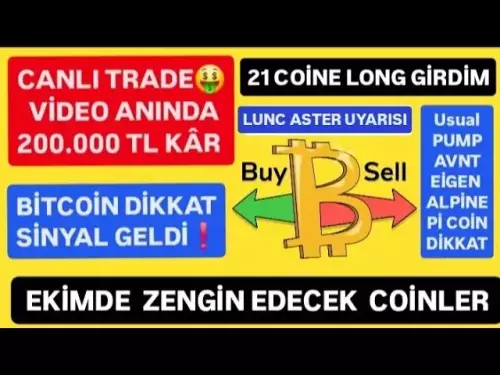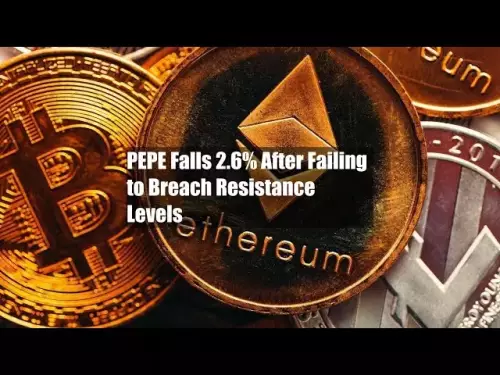-
 bitcoin
bitcoin $124586.364639 USD
0.62% -
 ethereum
ethereum $4670.671710 USD
3.33% -
 xrp
xrp $2.983701 USD
0.18% -
 tether
tether $1.000175 USD
-0.03% -
 bnb
bnb $1209.430642 USD
2.76% -
 solana
solana $231.365861 USD
0.51% -
 usd-coin
usd-coin $0.999665 USD
-0.02% -
 dogecoin
dogecoin $0.264657 USD
4.46% -
 tron
tron $0.346415 USD
1.60% -
 cardano
cardano $0.871586 USD
3.70% -
 chainlink
chainlink $23.451270 USD
7.56% -
 hyperliquid
hyperliquid $46.860071 USD
-2.96% -
 ethena-usde
ethena-usde $1.000120 USD
0.04% -
 sui
sui $3.611279 USD
1.08% -
 stellar
stellar $0.407149 USD
0.96%
How much is the transaction fee for buying and selling STRK? How to reduce transaction costs?
When trading STRK, fees vary by platform and network congestion; using layer-2 solutions and batching transactions can significantly reduce costs.
May 07, 2025 at 06:42 pm
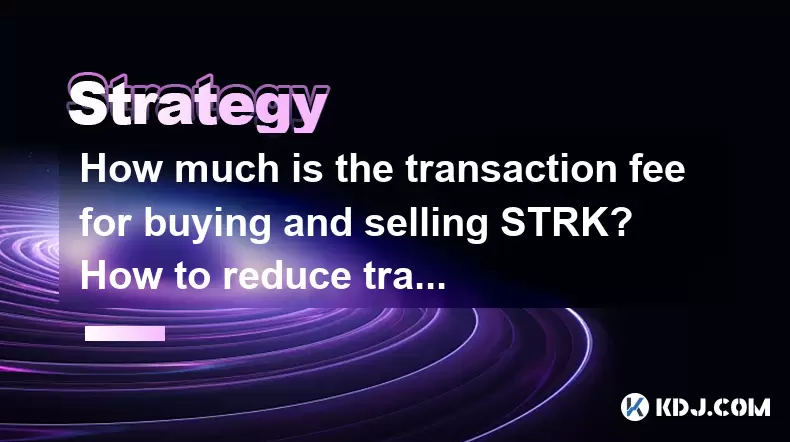
When engaging in the buying and selling of STRK, understanding the transaction fees involved is crucial for any investor. Transaction fees for STRK can vary based on several factors, including the platform used for the transaction, the network's congestion at the time of the trade, and the type of transaction being conducted. Typically, on decentralized exchanges (DEXs), the fee structure is more transparent and often involves a combination of a network fee and a platform fee. For instance, on platforms like Uniswap, you might encounter a fee that ranges between 0.3% to 1% of the transaction value, depending on the liquidity pool you are interacting with. Additionally, the Ethereum network fee, also known as gas fee, can fluctuate widely, often ranging from a few cents to several dollars per transaction.
To provide a more concrete example, if you were to buy 100 STRK tokens on a DEX during a period of low network congestion, you might pay a total fee of around 0.5% of the transaction value plus a gas fee of about $0.50. However, during peak times, the gas fee could surge to $5 or more, significantly increasing your total transaction cost. It's essential to monitor these fees closely and choose the right time to execute your trades to minimize costs.
How to Reduce Transaction Costs
Reducing transaction costs when trading STRK involves a strategic approach to both timing and the choice of platform. One effective method is to use layer-2 solutions such as Optimism or Arbitrum, which can significantly reduce gas fees by processing transactions off the main Ethereum blockchain. These solutions can lower your costs by up to 90% compared to traditional Ethereum transactions.
Another strategy is to trade during off-peak hours. Ethereum network congestion tends to be lower during early morning hours in the US, which can result in lower gas fees. Tools like GasNow or EthGasStation can help you monitor gas prices and find the optimal time to execute your transactions.
Additionally, choosing the right DEX can impact your transaction costs. Some DEXs offer lower fees than others. For instance, platforms like SushiSwap might have different fee structures compared to Uniswap, and exploring these options can lead to savings. It's also worth considering centralized exchanges (CEXs) like Binance or Coinbase, which often have lower fees for certain types of transactions, although they may come with other trade-offs like less control over your assets.
Batch Transactions
Batching transactions is another effective way to reduce costs. If you need to perform multiple transactions, such as buying and then selling STRK, you can combine these into a single transaction. This approach can significantly reduce the total gas fee you pay. For example, instead of paying gas fees for two separate transactions, you can pay for just one, which can lead to substantial savings, especially during times of high network congestion.
To batch transactions on a DEX like Uniswap, follow these steps:
- Open your wallet and connect it to the DEX.
- Navigate to the trading interface.
- Enter the amount of STRK you wish to buy and execute the transaction.
- Immediately after, enter the amount of STRK you wish to sell and execute this transaction as part of the same operation.
- Confirm the batch transaction in your wallet, ensuring all actions are included in one go.
By doing so, you can minimize the number of times you interact with the blockchain, thus reducing your overall transaction costs.
Use of Limit Orders
Utilizing limit orders can also help you manage transaction costs more effectively. A limit order allows you to set a specific price at which you are willing to buy or sell STRK. This can be particularly useful during periods of high volatility or when you want to avoid paying high gas fees during peak times.
To set a limit order on a platform like Uniswap:
- Connect your wallet to the DEX.
- Navigate to the trading interface and select the STRK token.
- Choose whether you want to buy or sell STRK.
- Enter the amount of STRK and the price at which you want the transaction to execute.
- Set the limit order and wait for the market to reach your specified price.
Using limit orders can help you avoid the rush of peak trading times, potentially saving you money on gas fees while still executing your trades at your desired price points.
Staking and Liquidity Provision
Another way to potentially reduce transaction costs is through staking or providing liquidity. Some platforms reward users with reduced fees or even fee-free transactions for participating in their ecosystem. For example, if you stake STRK tokens or provide liquidity to a pool that includes STRK, you might be eligible for such benefits.
To start staking or providing liquidity:
- Choose a platform that supports STRK staking or liquidity provision.
- Connect your wallet to the platform.
- Navigate to the staking or liquidity section.
- Follow the instructions to stake your STRK tokens or add them to a liquidity pool.
- Once your tokens are staked or in the pool, check if you are eligible for any fee reductions or other benefits.
By participating in these activities, you not only support the ecosystem but also potentially reduce the costs associated with your STRK transactions.
Frequently Asked Questions
Q: Can I use a VPN to reduce transaction fees when trading STRK?A: Using a VPN to change your location might not directly impact transaction fees, but it can help you access platforms that might offer lower fees or different trading times. However, the primary factors affecting fees are still the network congestion and the platform's fee structure.
Q: Are there any specific wallets that can help reduce transaction fees for STRK?A: Some wallets, like MetaMask, allow you to set custom gas fees, which can help you save on transaction costs. Additionally, wallets that support layer-2 solutions can also reduce fees by processing transactions off the main Ethereum chain.
Q: How do I know if the fees I'm paying for STRK transactions are reasonable?A: To determine if the fees you're paying are reasonable, compare them with the current market rates for gas fees and platform fees. Tools like GasNow and EthGasStation can provide real-time data on gas prices, while checking different DEXs and CEXs will give you an idea of platform fees.
Q: Can I trade STRK without paying any fees at all?A: While it's challenging to trade STRK without paying any fees, some platforms offer promotions or rewards programs that can reduce or eliminate fees for certain users. Participating in staking or liquidity provision can also lead to fee reductions or waivers.
Disclaimer:info@kdj.com
The information provided is not trading advice. kdj.com does not assume any responsibility for any investments made based on the information provided in this article. Cryptocurrencies are highly volatile and it is highly recommended that you invest with caution after thorough research!
If you believe that the content used on this website infringes your copyright, please contact us immediately (info@kdj.com) and we will delete it promptly.
- BlockDAG, DOGE, HYPE Sponsorship: Crypto Trends Shaping 2025
- 2025-10-01 00:25:13
- Deutsche Börse and Circle: A StableCoin Adoption Powerhouse in Europe
- 2025-10-01 00:25:13
- BlockDAG's Presale Buzz: Is It the Crypto to Watch in October 2025?
- 2025-10-01 00:30:13
- Bitcoin, Crypto, and IQ: When Genius Meets Digital Gold?
- 2025-10-01 00:30:13
- Stablecoins, American Innovation, and Wallet Tokens: The Next Frontier
- 2025-10-01 00:35:12
- NBU, Coins, and Crypto in Ukraine: A New Yorker's Take
- 2025-10-01 00:45:14
Related knowledge
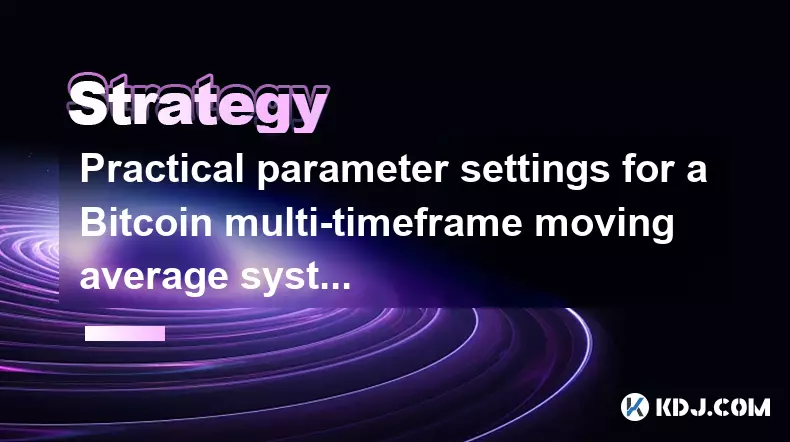
Practical parameter settings for a Bitcoin multi-timeframe moving average system
Sep 18,2025 at 10:54pm
Optimizing Timeframe Combinations for Bitcoin Trading1. Selecting appropriate timeframes is crucial when building a multi-timeframe moving average sys...
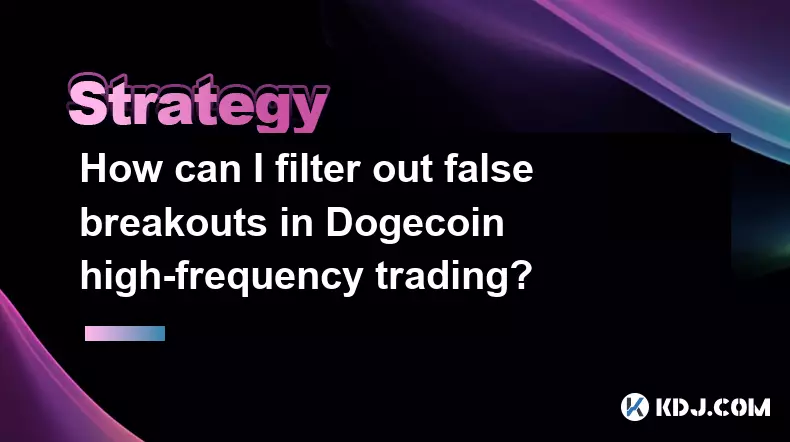
How can I filter out false breakouts in Dogecoin high-frequency trading?
Sep 22,2025 at 01:00am
Understanding False Breakouts in Dogecoin Trading1. A false breakout occurs when Dogecoin's price appears to move beyond a defined support or resistan...

Techniques for identifying tops and bottoms in the Bitcoin on-chain NVT model
Sep 20,2025 at 07:54pm
Understanding the NVT Model in Bitcoin Analysis1. The Network Value to Transactions (NVT) ratio is often described as the 'P/E ratio' of the cryptocur...

What does the surge in open interest in Bitcoincoin futures mean?
Sep 20,2025 at 11:18pm
Understanding the Surge in Dogecoin Futures Open Interest1. A surge in open interest within Dogecoin futures indicates a growing number of active cont...
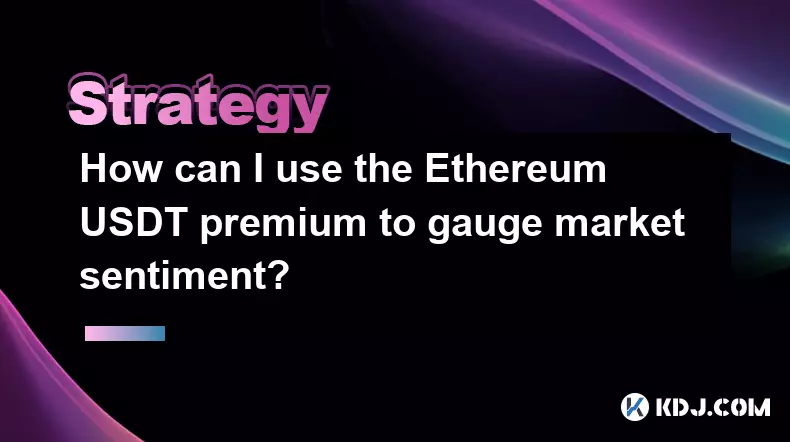
How can I use the Ethereum USDT premium to gauge market sentiment?
Sep 18,2025 at 11:55pm
Understanding the Ethereum USDT Premium1. The Ethereum USDT premium refers to the price difference between USDT (Tether) traded on Ethereum-based plat...
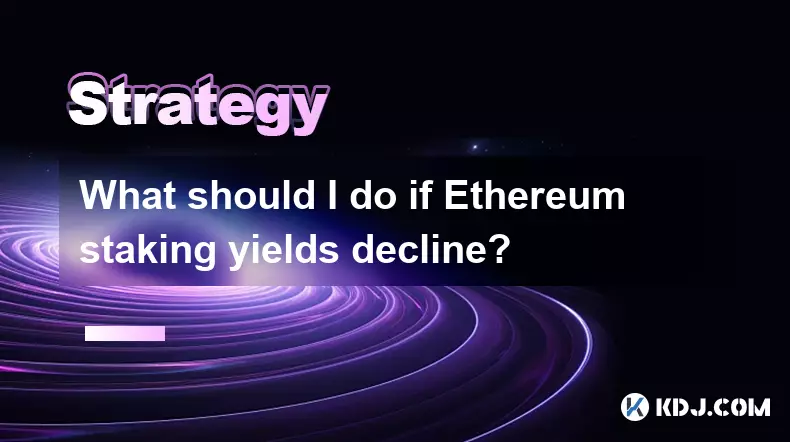
What should I do if Ethereum staking yields decline?
Sep 20,2025 at 06:18am
Understanding the Causes Behind Declining Ethereum Staking Yields1. The Ethereum network transitioned to a proof-of-stake consensus mechanism with the...

Practical parameter settings for a Bitcoin multi-timeframe moving average system
Sep 18,2025 at 10:54pm
Optimizing Timeframe Combinations for Bitcoin Trading1. Selecting appropriate timeframes is crucial when building a multi-timeframe moving average sys...

How can I filter out false breakouts in Dogecoin high-frequency trading?
Sep 22,2025 at 01:00am
Understanding False Breakouts in Dogecoin Trading1. A false breakout occurs when Dogecoin's price appears to move beyond a defined support or resistan...

Techniques for identifying tops and bottoms in the Bitcoin on-chain NVT model
Sep 20,2025 at 07:54pm
Understanding the NVT Model in Bitcoin Analysis1. The Network Value to Transactions (NVT) ratio is often described as the 'P/E ratio' of the cryptocur...

What does the surge in open interest in Bitcoincoin futures mean?
Sep 20,2025 at 11:18pm
Understanding the Surge in Dogecoin Futures Open Interest1. A surge in open interest within Dogecoin futures indicates a growing number of active cont...

How can I use the Ethereum USDT premium to gauge market sentiment?
Sep 18,2025 at 11:55pm
Understanding the Ethereum USDT Premium1. The Ethereum USDT premium refers to the price difference between USDT (Tether) traded on Ethereum-based plat...

What should I do if Ethereum staking yields decline?
Sep 20,2025 at 06:18am
Understanding the Causes Behind Declining Ethereum Staking Yields1. The Ethereum network transitioned to a proof-of-stake consensus mechanism with the...
See all articles























